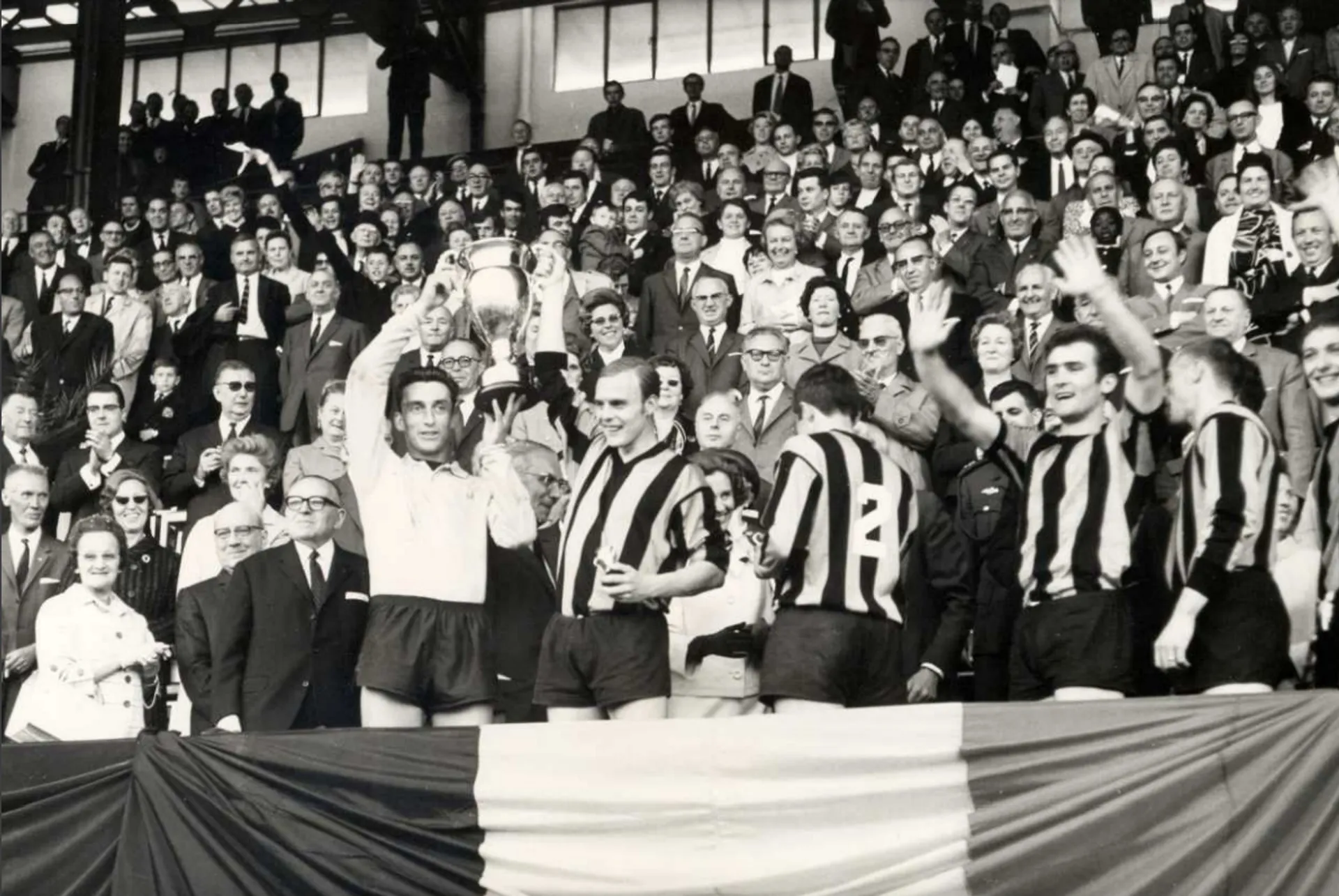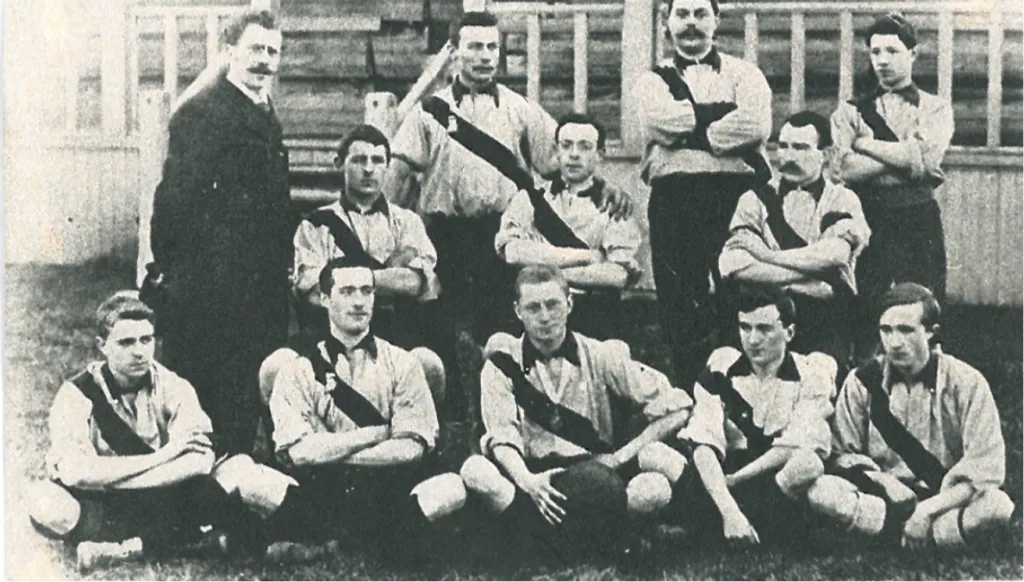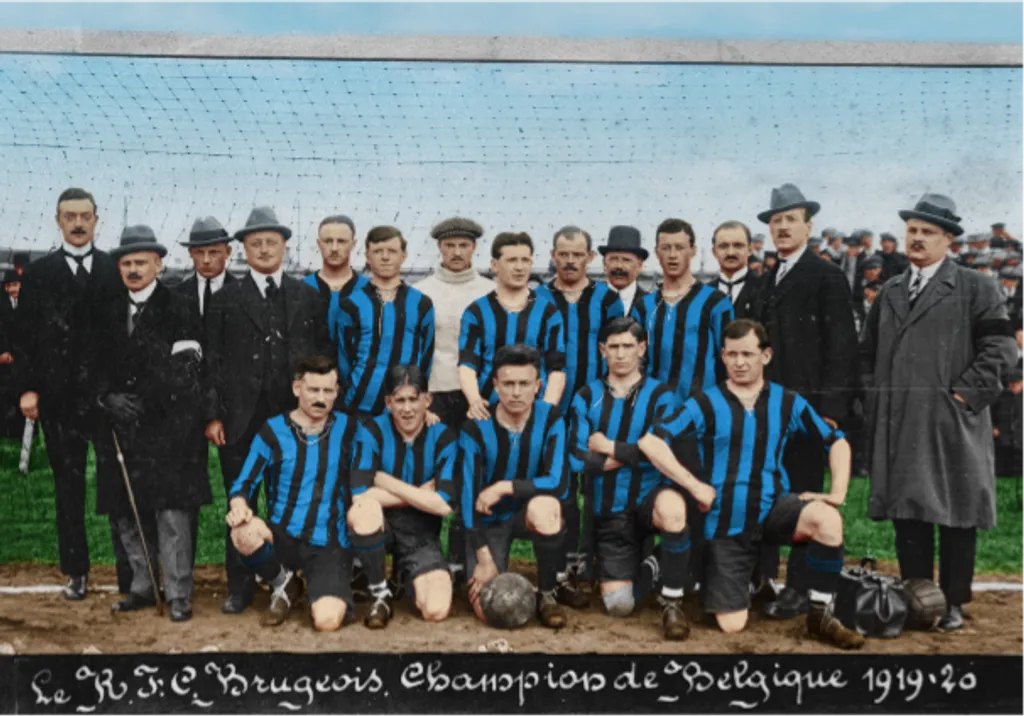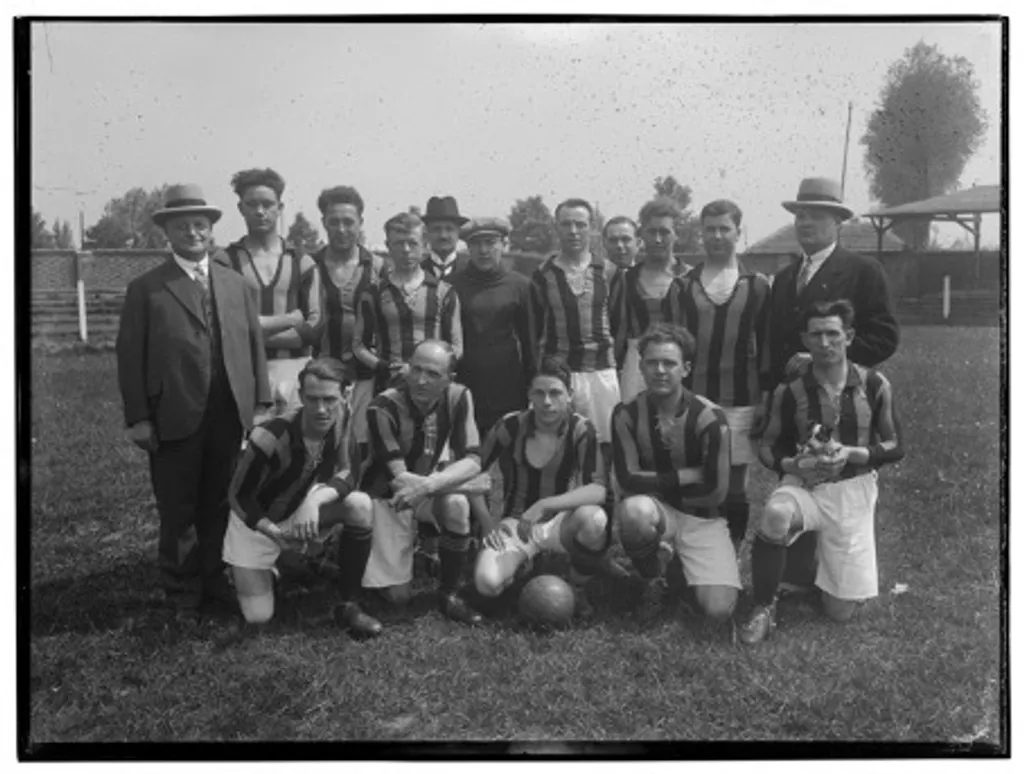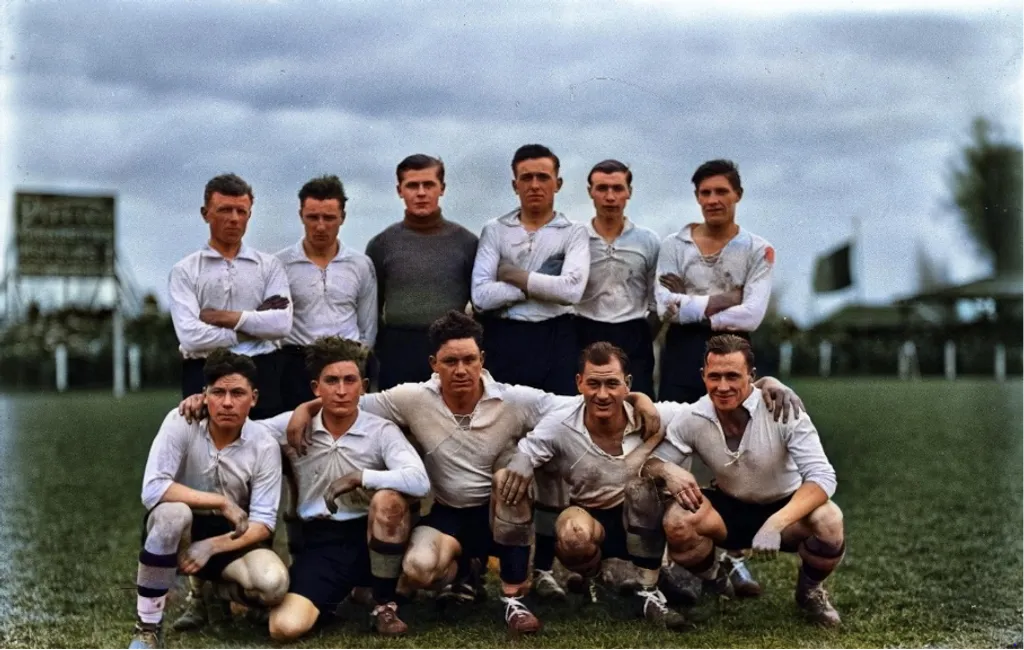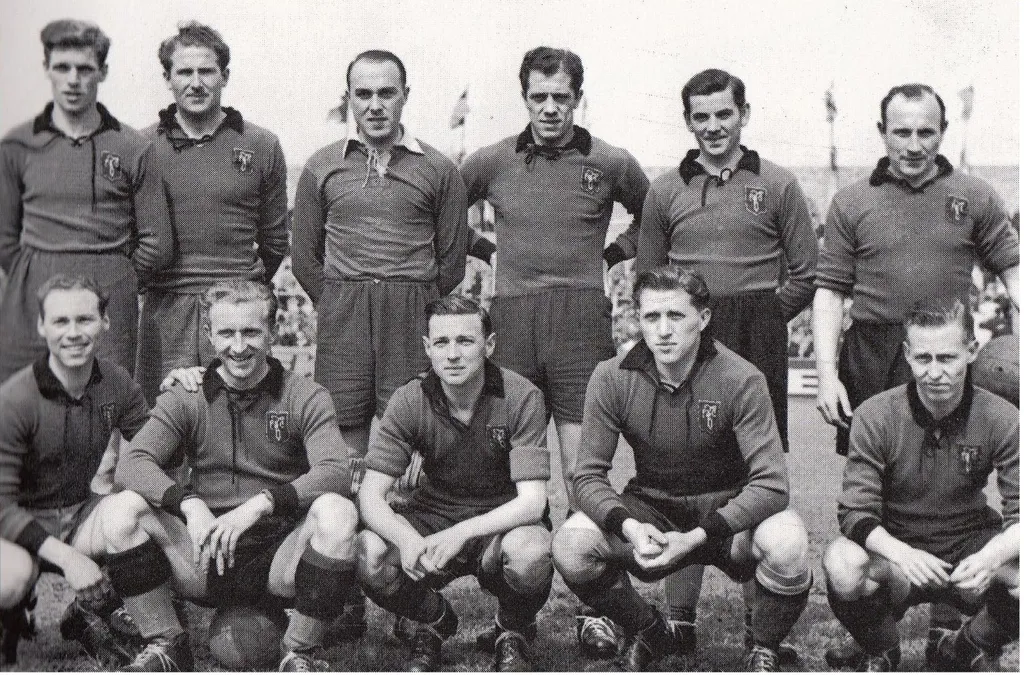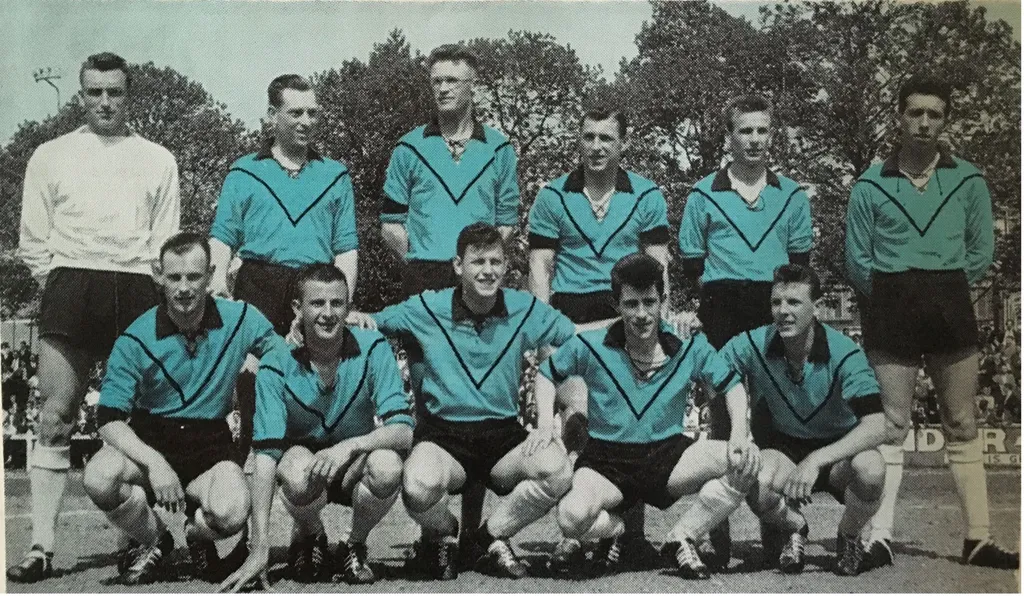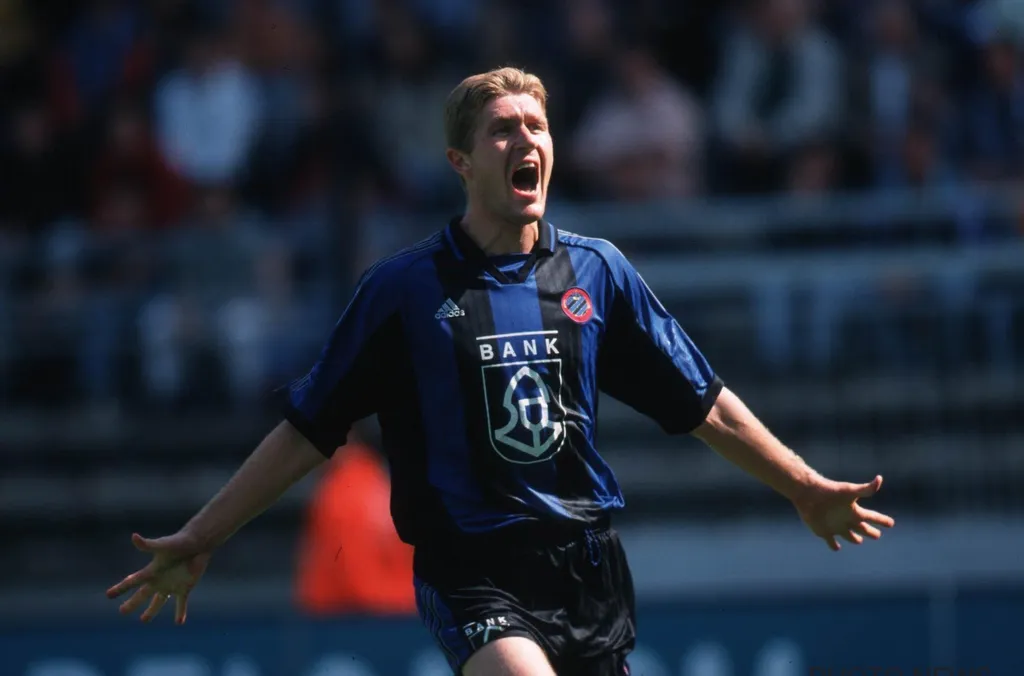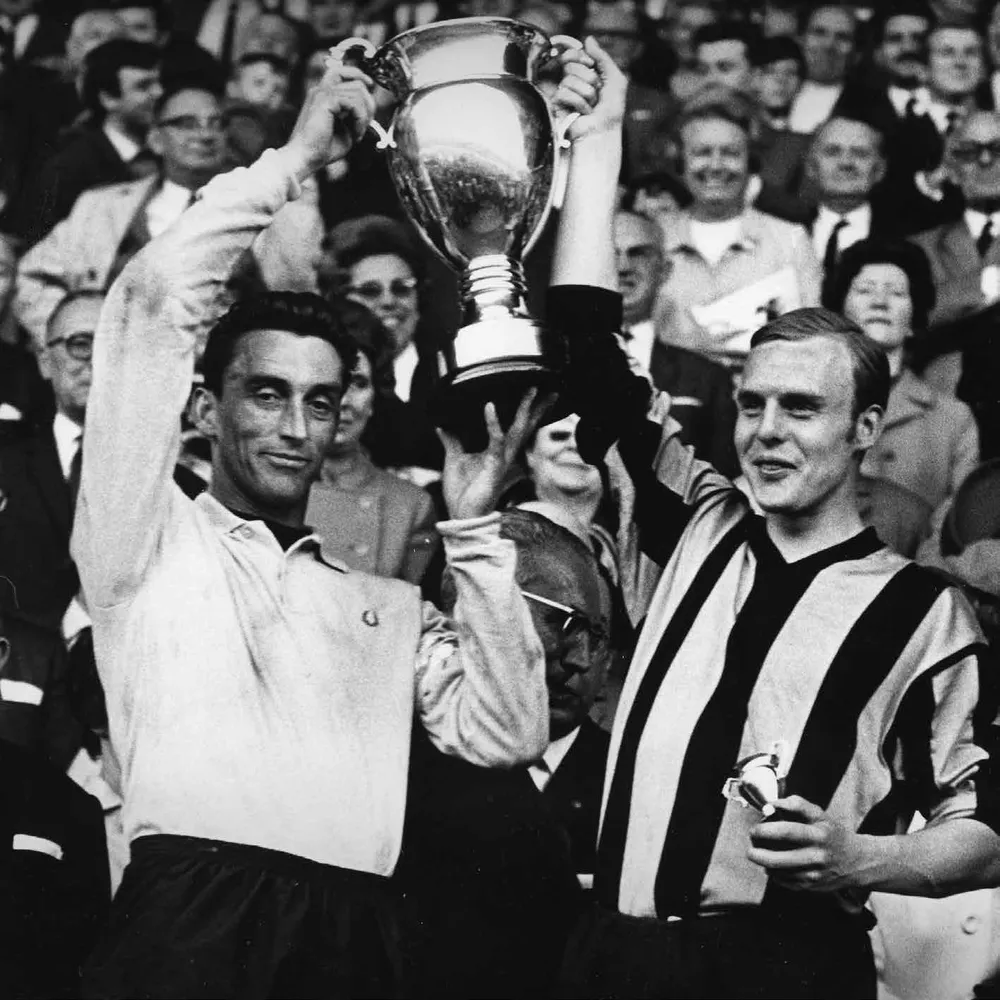We return to the end of the 19th century. In our country there was a strong presence of Englishmen. The English colony had settled here after the Battle of Waterloo in 1815. Many former soldiers stayed here and were later joined by former colonials, nobility and industrialists. They lived in Bruges because of the coastal region nearby and the textile and linen industry. Because of the Anglophilia that prevailed there, there was a rapid integration of the British into local high society. And the Belgian nobility also adopted their forms of recreation fairly quickly. Gymnastics, athletics, rowing, cricket but especially football.
November 13, 1891. Together with some English pupils from Worthams College, Bruges students founded the Brugsche Football Club. Disagreements between the Dutch speakers and French speakers caused a split afterwards. The French speakers continued under the Football Club Brugeois. Important founders of the first years of existence are William Greenhill, Philip and Gustave De Lescluze, Gaston De Craecke, Ernest Neirynck, Jean Schaeverbeke, Jules and Emile Van Haerdenberg, the brothers Edouard and Jules Lescrauwaet, Camille Kerckhofs, Pierre Boereboom, Emile Van Middel, Emile Van Mullem, Albert Walin, Achille Grant Dalton and Charles Grimshaw Atkinson.
1897. Both teams were struggling with some problems. The Brugsche had a large following, could manage financially, but needed its own field. De Brugeois in turn had the 'Rattenplein' that it could rent weekly but had far too few spectators. Eventually, the Brugeois was absorbed by the Brugsche (1897). The team continued under the Football Club Brugeois because the Rattenplein contract was in their name.
